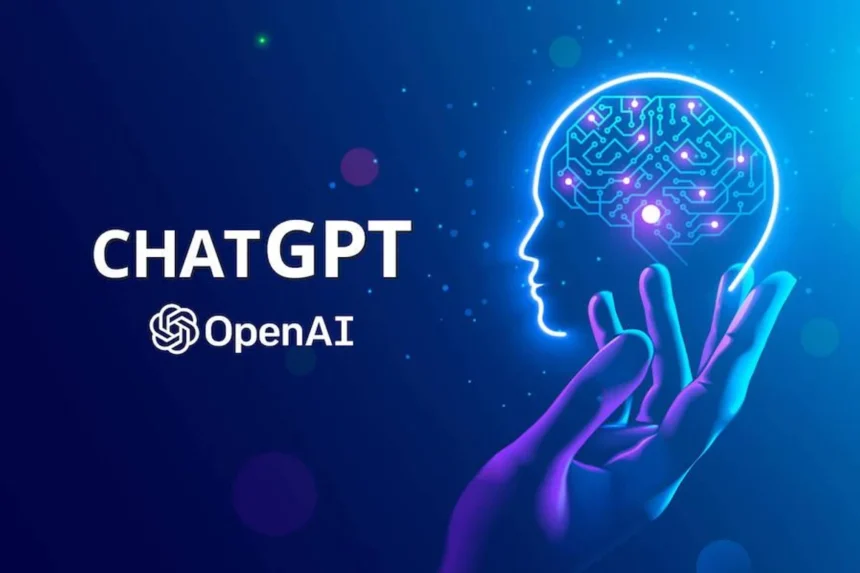Engaging with an AI chatbot often feels repetitive, reminiscent of the movie Groundhog Day, where you continually provide preferences and repeat details. OpenAI is addressing this by introducing a significant enhancement for ChatGPT called “memory.” This feature enables the bot to retain information about you and your previous conversations.
Memory operates in two ways: you can instruct ChatGPT to remember specific details, such as your coding language or your boss’s name, or the bot can autonomously gather information as you interact with it over time. The aim is to make ChatGPT more personalized and intelligent without requiring constant reminders.

Each instance of a customized GPT comes with its own memory. For instance, the Books GPT can remember books you’ve read and your preferred genres. The potential applications for memory span various areas, such as education, travel planning, or fitness tracking.
While memory is a much-needed feature for ChatGPT, it raises concerns. OpenAI’s approach is akin to how other online services learn about users by observing their actions and building a profile. However, this method can make users uncomfortable, especially with the prospect of their interactions becoming training data for the bot.
OpenAI emphasizes user control, assuring that sensitive information, like health data, will not be remembered. Users can manage ChatGPT’s memory through the new Manage Memory section in settings, including asking the bot what it knows and instructing it to forget certain details. OpenAI also introduces Temporary Chat as an incognito mode, allowing brief conversations without affecting ChatGPT’s memory.

By default, memory will be activated, and OpenAI intends to use memories to enhance its models in the future. The feature is currently in a testing phase, accessible to a limited user base. However, it is foreseeable that memory could become an integral part of our interactions with ChatGPT as AI continues to evolve rapidly.









